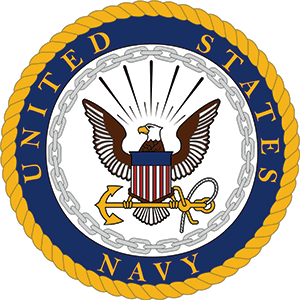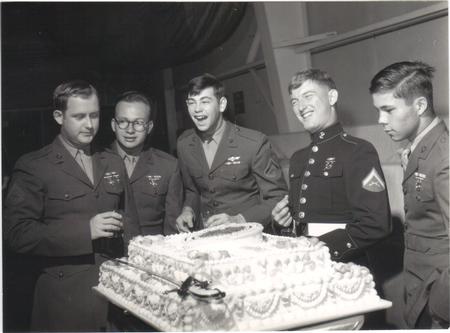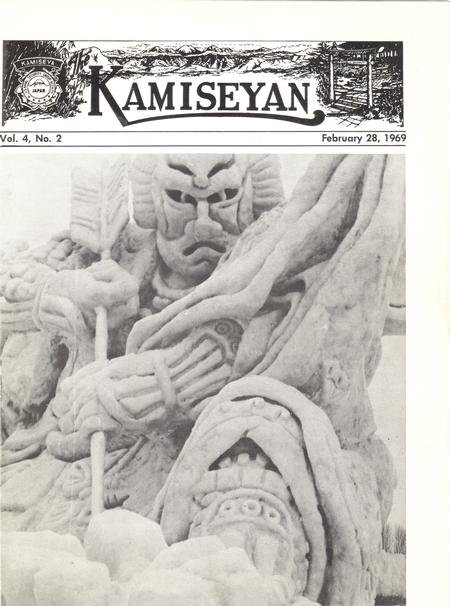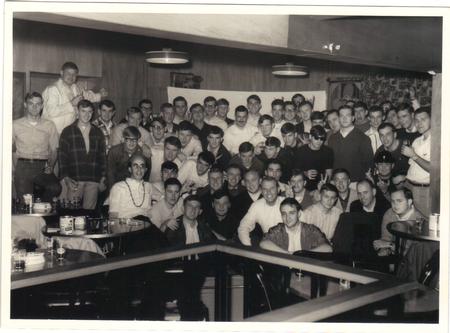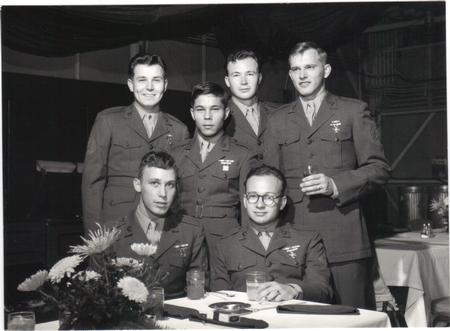ABOUT Kamiseya Japan
- Strategic Location: Kamiseya, located near Yokosuka, was a significant U.S. Navy communications and intelligence center during the Cold War, playing a vital role in signals intelligence (SIGINT) against the Soviet Union and other adversaries.
- Establishment: The facility was established in 1945, shortly after World War II, as part of America's expanding postwar military presence in Japan.
- Role in the USS Pueblo Incident: In 1968, Kamiseya played an important role in monitoring communications during the North Korean capture of the USS Pueblo, providing real-time intelligence to U.S. decision-makers.
- Underground Operations: Much of Kamiseya's equipment and operations were located underground to protect sensitive activities from surveillance and potential attack.
- Cryptologic Operations: The site hosted the U.S. Naval Security Group Activity (NSGA) Kamiseya, which specialized in cryptologic and electronic surveillance throughout the Pacific theater.
- Fire Disaster: In 1965, a devastating fire broke out in an underground operations facility at Kamiseya, killing 12 people and injuring many others. The incident led to major changes in fire safety procedures for underground military facilities.
- Support to Vietnam War: Kamiseya’s intelligence gathering was crucial during the Vietnam War, providing SIGINT that influenced naval operations in Southeast Asia.
- Decommissioning: NSGA Kamiseya was officially closed in 1995 as part of post-Cold War downsizing, with most operations relocated to other bases in Japan.
- Local Legend: Some Japanese locals and American service members have reported ghost stories and unexplained phenomena, often attributed to the tragic 1965 fire.
- Site Redevelopment: After decommissioning, parts of the Kamiseya site have been considered for redevelopment by the Japanese government, including potential public use and commercial projects.

